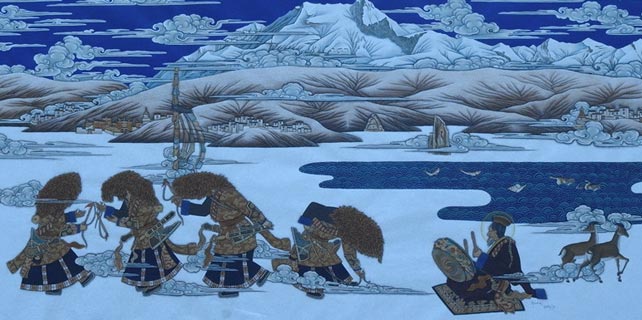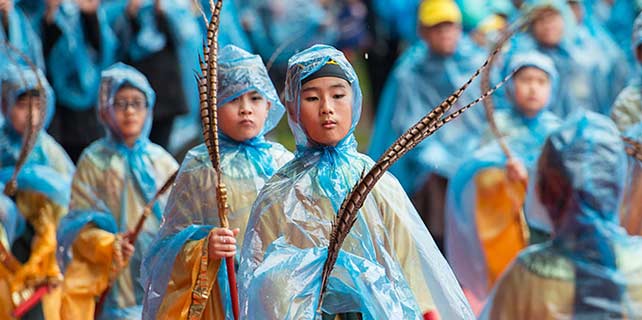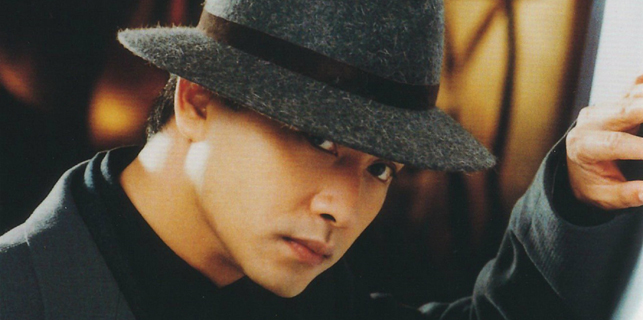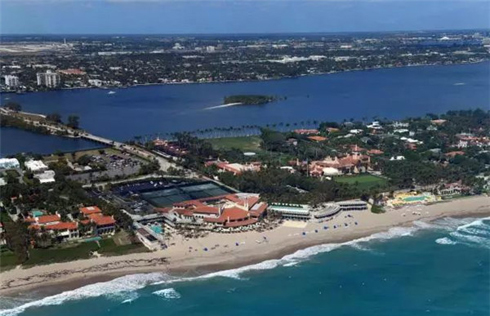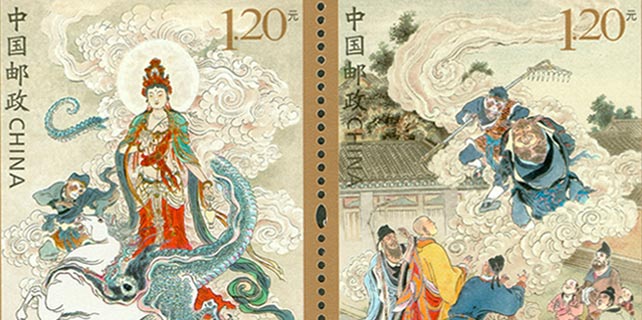US dazzled by Chinese traditional arts
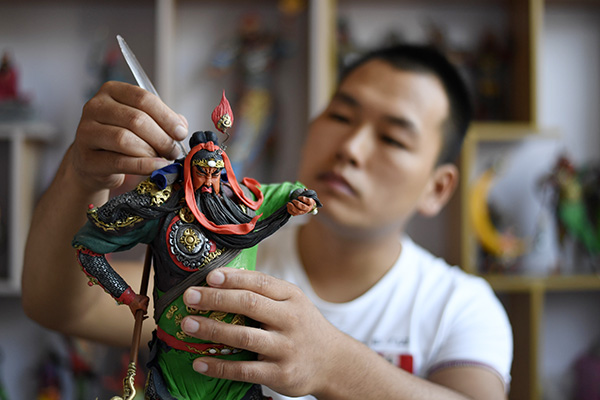 |
|
Artisans demonstrate paper cutting, sugar drawing and dough modeling. A group of them have brought traditional Chinese folk arts to the United States, as this year marks the 46th anniversary of China-US "ping-pong diplomacy".[Photo/Xinhua] |
Tonya Scholz, who works for the festival, said she was surprised the Chinese artist could do this so perfectly for just $50.
"When I saw him working on someone, I recorded it, because it is incredible," she said. "I did a Facebook Live and all my friends loved it."
Walking out of the booths, the visitors went on enjoying a dazzling array of illuminated lanterns, designed in the shape of animals, plants, and architecture.
"On a good day, we can have 3,000 visitors," said George Zhao, president of Hanart Culture, sponsor of the event. "It's a family event, entertaining for the young, as well as adults."
"Sometimes families drive three hours just for this event," he added.
This year's theme, "The Wild", offers a "safari" of lanterns featuring animals from different parts of the planet-dinosaurs, cheetahs, lions and deer. The colors and fabrics were carefully chosen to create a paradise of lights about one hour away from Palm Beach, a long-standing resort destination for the wealthy in the US.
On the other side of the venue, visitors were fascinated by a kung fu show. The word "bravo" constantly burst from the audience with the deft moves of kung fu masters, and their true-to-life imitations of various animals.
"I would say as an exotic, special culture, Chinese culture is well received here," Zhao said from his experience of organizing Chinese art festivals in several cities across the US and Canada in recent years.
"This year marks the 46th anniversary of China-US 'ping-pong diplomacy' and we have something special arranged on April 7," Zhao said.
In 1971, the Cold War was still going on, and ping-pong, as table tennis is called in the West, came into play as an unexpected diplomatic tool between the US and China. US table tennis teams arrived in China for a 10-day visit, which led to a dialogue between the two countries.
The event marked a thaw in Sino-US relations and paved the way for the ice-breaking visit by then-US president Richard Nixon to China.
Zhao hoped the events of this kind could promote understanding between the two countries, and could spread the best of Chinese culture to a wider audience.
"Anyway, dialogue is way better than confrontation, and understanding can certainly do more than misunderstanding," he said.







